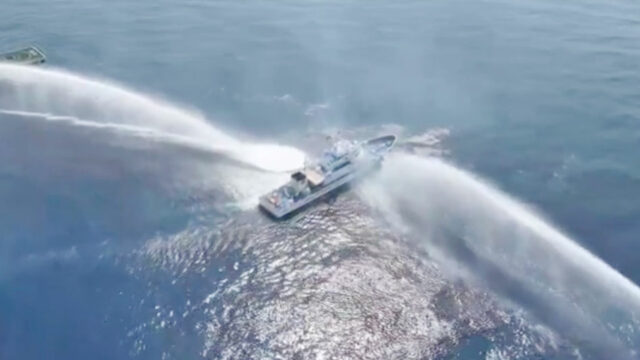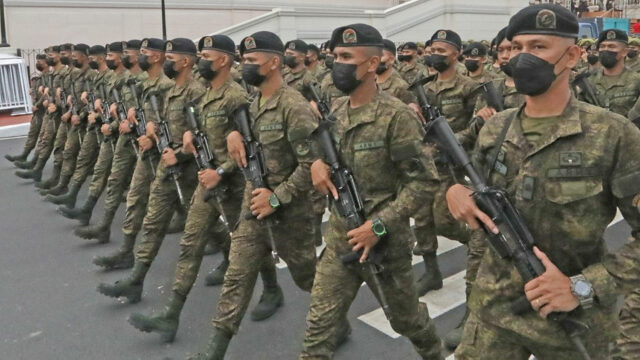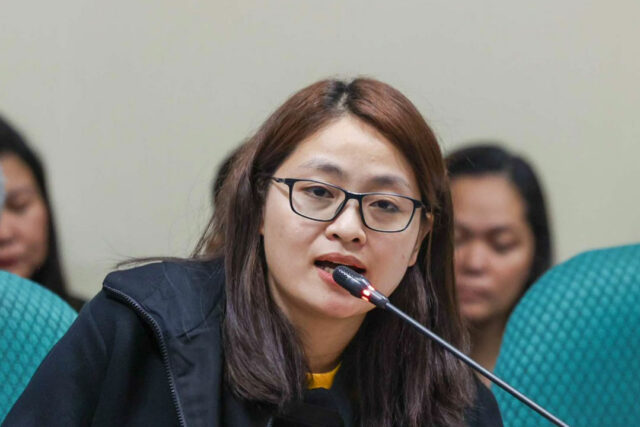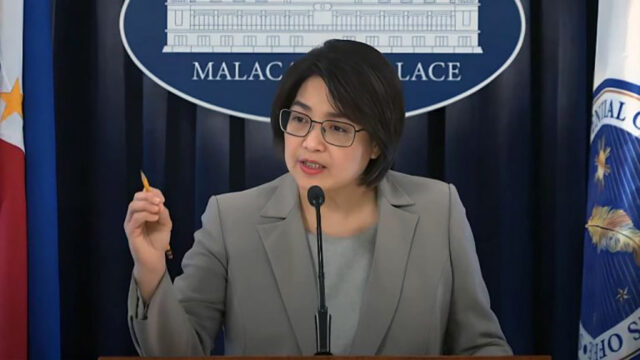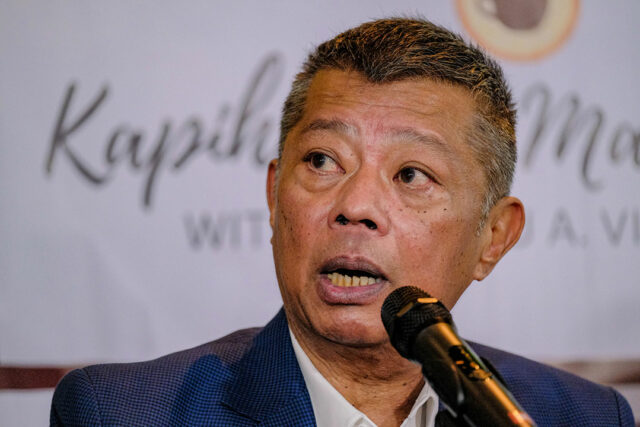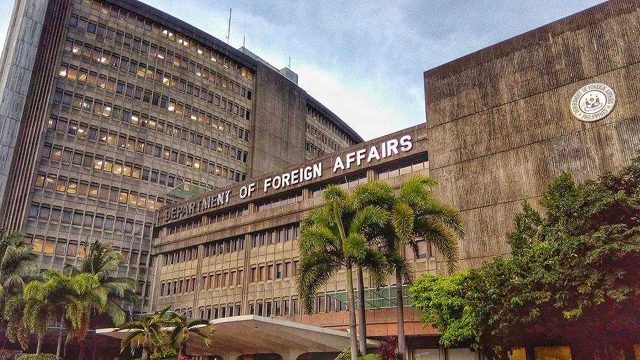RPVARA: The game changer for PPPs
The Philippines is one of the first adopters of Build-Operate-Transfer (BOT) or Public-Private Partnership (PPP) schemes for infrastructure development in Asia. To date, there are 174 PPP projects in the government’s pipeline. In 2023, Republic Act No. 11966, or The PPP Code of the Philippines, was signed into law to create a unified regulation for all PPP projects, including Joint Ventures (JVs).
Apart from addressing concerns over the government’s contingent liabilities in PPP projects, the PPP Code also sets the rules for the fair valuation of government assets in PPP projects. The law requires the fair valuation of: (1) government contributions in unsolicited proposals to determine appropriate compensation and in JV arrangements in order to assess whether it complies with the 50% limitation (based on Project Cost for contractual JVs or based on outstanding capital stock for a JV company); and (2) the reclaimed land portion granted to a concessionaire as part of a project’s investment recovery mechanism. Moreover, almost all PPP Projects require land use, land acquisition for the project site, and/or right-of-way (ROW) acquisition. Given this requirement, the signing into law of Republic Act No. 12001, otherwise known as the Real Property Valuation and Assessment Reform Act, (RPVARA), could not be timelier.
Effective July 3, RPVARA centralized the government’s property valuation system. The law’s primary objective is to resolve issues on overlapping rules on valuation and outdated valuations by centralizing the task of land valuation under one agency and establishing a comprehensive real property electronic database.
The salient features of the law are as follows:
1. Appointment and reorganization of the Bureau of Local Government Finance (BLGF) Central Office to be the primary agency tasked to implement the law.
2. Centralization of the Real Property Valuation System. Before RPVARA, real property valuation was done by referring to the current market values from recent sales of property in a vicinity, the BIR schedule of zonal values, or the schedule of market values (SMV) of the local government units (LGUs). RPVARA now requires that valuation of the government’s real properties be performed using the SMV that will be prepared solely by the Local Government, which will then be reviewed by the BLGF and approved by the Department of Finance (DoF). This SMV will then be the standard valuation to be used as basis in the adjustment of assessment levels and real property tax rates, for calculation of local transfer taxes and national internal revenue taxes, as well as for determining the amount for payment of just compensation in expropriation and public land disposition.
3. Development of Property Valuation Standards (PVS). PVS refers to the latest national valuation standards to be used in the Philippines, which will be based on international valuation standards duly approved by the Secretary of Finance. The BLGF is tasked to develop, adopt, maintain, and review the PVS every three years or often as necessary to align with globally accepted principles. SMVs will also be prepared pursuant to the PVS and other rules and regulations set by the DoF.
4. Development of Real Property Information System. The BLGF is responsible for the development and maintenance of an up-to-date electronic database of the sale, exchange, lease, mortgage, donation, transfer, and all other real property transactions and declarations in the country and on the cost of construction or renovation of buildings and on prices of plant, machinery and equipment. This database will be available to LGUs, government agencies, and the private sector.
Property valuation is a crucial element in identifying suitable land for infrastructure projects, more so if such real property, oftentimes identified as the project site, is a deliverable of the government. As reported in the Senate Brief for the advancing of PPP in the Philippines, significant delays of major PPP Projects, such as the Cavite-Laguna Expressway (CALAX), which was originally due for completion in 2020; and the Light Rail Transit 1 Extension Projects, are caused by ROW acquisition issues. For instance, the prolonged construction of the 4 km-long Muntinlupa-Cavite Expressway which took nearly four years to complete could have been much shorter had ROW issues been addressed in a timely manner.
The RPVARA is set to put an end to delays caused by the determination of an acceptable valuation procedure to assess the value of government property. Any incongruency in pricing and resulting delays will be mitigated as government pricing is now closer, if not identical to, the prevailing market price. A streamlined property valuation process would also pave the way for a more accurate determination of the financial viability of a PPP project, thereby allowing government, especially in solicited projects, to arrive at market-acceptable and bankable financial bid parameters with better precision.
Finally, implementing agencies can now also better plan and budget for land acquisition/expropriation, which will further allow a swifter process for acquiring ROW in PPP and infrastructure projects. This will also assure affected private landowners that they will receive fair compensation.
These benefits remain to be seen, however, since the RPVARA gives LGUs two years from the law’s effectivity to update their SMVs. As such, how swiftly LGUs update their SMVs, and how the BLGF can help shepherd this, are the hurdles that need to be overcome.
Much like the PPP Code and its IRR before it, the RPVARA is bound to revolutionize how PPP and infrastructure projects are developed and implemented. If rolled out as planned, it will significantly improve the planning, valuation, budgeting, and acquisition of project sites and rights-of-way for such projects. I look forward to the day when delays in ROW acquisition become a thing of the past.
The views or opinions expressed in this article are solely those of the author and do not necessarily represent those of Cabrera & Co. The content is for general information purposes only, and should not be used as a substitute for specific advice.
Cielo Maasin-Ellaser is a legal advisor of Cabrera & Co., a Philippine member firm of the PwC network.


